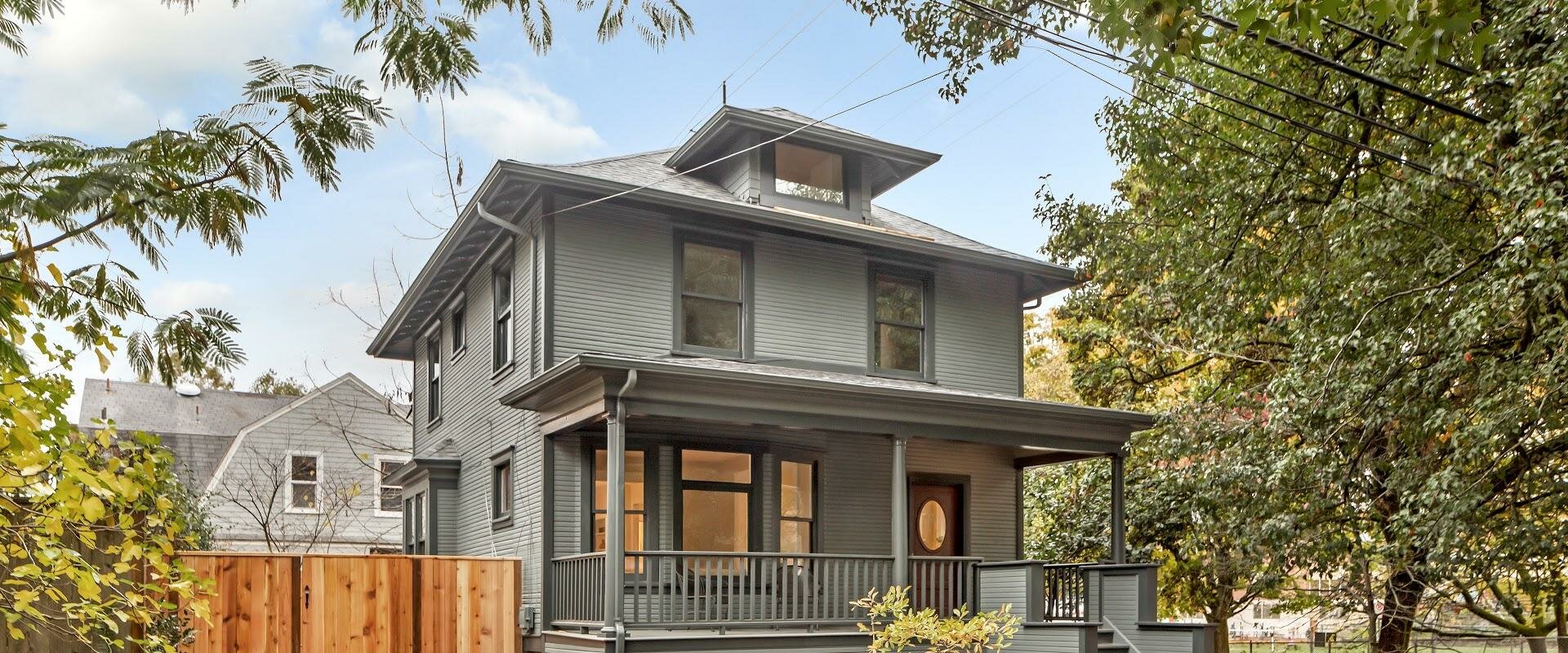Are you struggling with the financial burden of an overly expensive home? If you find a significant portion of your income going towards housing expenses, leaving little to no money for other life essentials or savings, you may be caught in the trap of being house poor. Far too many adults find themselves in it, often due to spending too much on their homes. This circumstance places a heavy strain on your wallet and leads to stress. That way, it compromises your quality of life and negatively impacts your financial future. The good news is, it’s not a life sentence. In this article, we will provide five top solutions to help alleviate the pressures of this situation and regain control of your financials.
The Dangers of Being House Poor: More Than Just Empty Pockets
Being house poor does more than drain your bank account—it can also strain your well-being as you channel an excessive part of your income into home-related expenses and little remains for other life essentials or savings. This disproportionate financial allocation can lead to chronic stress, potentially impacting physical and mental health.
Moreover, the constant worry of being unable to meet other financial obligations or set aside money for emergencies can fuel a persistent sense of insecurity. Not to mention, it often triggers conflicts, straining relationships. And, by spending too much on your home, you miss opportunities to invest in personal growth and experiences. Thus, spending all you have on your home leads to more than just financial trouble—it becomes a lifestyle hindrance.
Five Top Solutions to Overcome This Bad Situation
Budgeting and Financial Planning
Gaining control over your financial situation starts with a clear and realistic budget. Knowing where your money is going, especially when a significant part is tied up in your home, is key to financial freedom. Detailed budgeting can help identify areas of unnecessary spending and opportunities for savings.
In extreme situations where housing costs severely outweigh your income, selling your home may be a valid consideration. Selling your home ‘as-is’ can be an option to expedite the process and cut down on repair and upgrade expenses. While making this decision is hard, it can be a financial reset button. That can enable you to reallocate your resources more efficiently in a less burdensome living situation. Remember, financial planning isn’t just about immediate needs; it’s about paving the way for a more stable and secure future.
Downsizing Your Living Space
The old adage, “bigger isn’t always better,” rings particularly true when grappling with being impoverished by the costs of your home. An oversized home may offer plenty of space, but it often comes with a hefty price tag that can wreak havoc on your financial health. One effective solution is to downsize. Moving to a smaller, more affordable house or apartment can considerably reduce your housing expenses and free up income for savings or other needs. Of course, this step is significant, and you should consider it carefully. Before making a move, it’s important to weigh your options, including those related to getting a reliable moving estimate to avoid unexpected costs. In essence, downsizing is a choice that provides more room for financial growth and stability.
Generating Additional Income
Diversifying your income stream is essential to combat this financially unfavorable situation. It’s not always about cutting costs. Sometimes, increasing your income can provide the relief you need. Whether taking on a part-time job, starting a side business, or exploring investment opportunities, additional income can help you better manage your housing costs. A creative way to generate income could be through multi-family properties. For example, if your current situation allows, consider renting out a part of your home or investing in such a property to earn rental income. Of course, remember that every opportunity comes with unique challenges and responsibilities. With a proactive mindset and resourceful approach, you can create additional sources of cash, thereby reducing the financial strain of your housing expenses.
Refinancing Your Mortgage
Refinancing your mortgage can be a lifeline in the face of your financial problems. By securing a lower interest rate or extending the term of your loan, you can reduce your monthly payments. However, this option isn’t without its complexities. Before diving in, thoroughly understanding the implications, costs, and potential savings is essential. If refinancing isn’t an option or doesn’t provide enough relief, and you decide to downsize instead, heed this advice from an expert mover at usamovingreviews.com: “Invest time in decluttering before you move. It can significantly reduce moving costs and also make your move smoother.” As you pursue a solution for your money problems through refinancing or moving, informed decisions are your best ally.
Behavioral Changes: Key to Preventing House Poor Situation
Making lasting changes to your finances is about more than crunching numbers—it’s about shifting your mindset and habits. How we think about money and spending can significantly impact the content of our wallets. Emphasizing the need for financial responsibility and awareness can help prevent overspending on housing in the future. One common pitfall is allowing emotions, particularly an emotional attachment to a home, to cloud financial judgment. While the sentimental value of a home is important, it’s crucial to balance this with its affordability. Develop mindful spending habits, considering your decisions’ emotional and financial implications. By cultivating a responsible mindset and creating a realistic budget, you can avoid falling into these money-related hardships again and instead move toward a brighter future.
Conclusion
Overcoming being house poor can feel daunting, but it’s achievable. Implementing practical solutions can significantly lighten your burden. However, remember that overcoming this situation is not just about financial strategies. It also involves behavioral changes. Escaping the house-poor trap is a journey that requires transformation. Embrace these strategies, take control, and set yourself on a path to a more secure and stress-free life.

